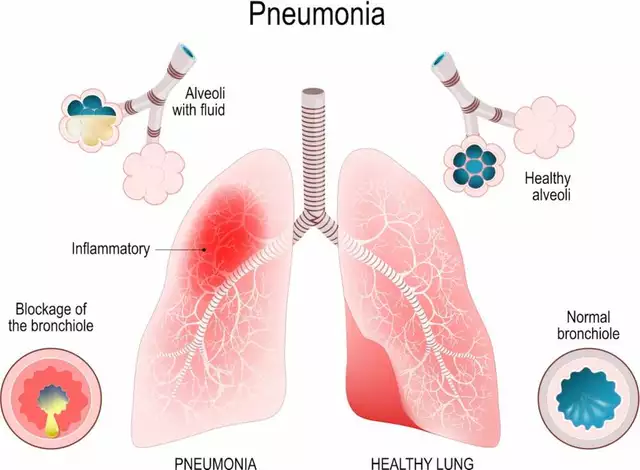Immune suppression: Risks and practical tips
Immune suppression isn't always bad — it can save your life after an organ transplant or control severe autoimmune disease. But it also raises your chance of infections, makes vaccines less effective, and needs everyday choices to keep you safer.
When immune suppression happens
Immune suppression can come from medicines, illnesses, or medical treatments. Steroids like budesonide used for Crohn's disease reduce inflammation and can change infection risk. Chemotherapy, biologic drugs for arthritis, and drugs after transplants suppress different parts of the immune system. Some conditions, like HIV or low white blood cell counts, also lower immune defenses.
Watch for warning signs. Fever, a new cough, fast breathing, redness around a wound, or sudden confusion should trigger a call to your doctor. Even low-grade fevers matter if you're on strong immunosuppressants. Keep emergency contacts handy and know where to go for urgent care.
How to stay safer
Vaccines are one of the best tools you have. Get flu shots every year and ask about pneumococcal and Tdap vaccines. Avoid live vaccines — such as some older forms of yellow fever or oral polio — unless your doctor clears them. The newer shingles vaccine (the non-live one) is usually a better option for people on immune-suppressing drugs; check timing with your provider.
Prevent infections at home. Wash hands, avoid close contact with sick people, and skip crowded places during outbreaks. Handle food safely: avoid unpasteurized dairy, raw seafood, and undercooked meats. If you garden, wear gloves to reduce cuts that could get infected.
Medications and monitoring: Your doctor should order blood tests before and during treatment. Expect checks like a complete blood count, liver tests, and maybe immunoglobulin levels. Some people need prophylactic antibiotics or antivirals to prevent specific infections — for example, after certain chemo regimens or transplant drugs.
Talk to your pharmacist about drug interactions and antibiotic choices. If you get an infection, tell the clinician which immunosuppressants you take. That changes treatment choices and may require stopping or lowering the drug for a short time.
Planning and daily life: Plan vaccines and dental work before starting strong immune suppression when possible. Tell family members to keep their vaccines up to date too. Carry a medication card that lists your drugs and emergency instructions.
If you're managing a chronic condition, find reliable info. Our Entocort article explains budesonide and its role in Crohn’s care. Read guides on antibiotics so you know when medicines like azithromycin or erythromycin are appropriate. And always ask your doctor if a medicine or vaccine is right for you.
Examples matter: a person on steroids for asthma may need yearly flu shots and to avoid live vaccines, while someone on transplant drugs often has extra blood tests and may get antiviral prevention. Always carry a list of symptoms to report and save clinic phone numbers for quick advice now.
Small steps make a big difference. Stay informed, keep up with tests and vaccines, and call your healthcare team at the first sign of trouble.




